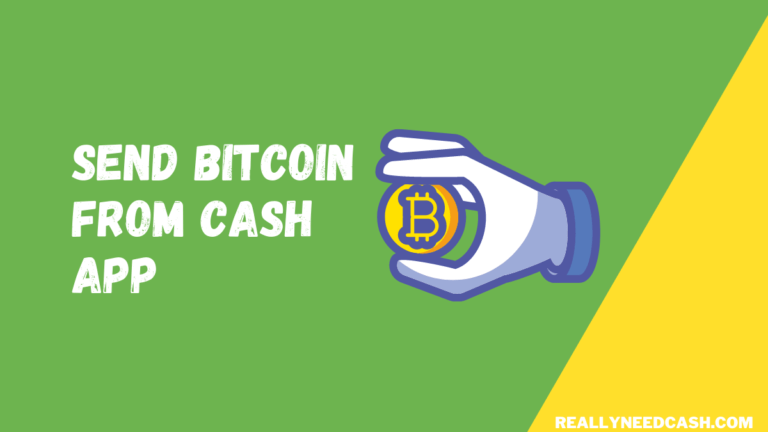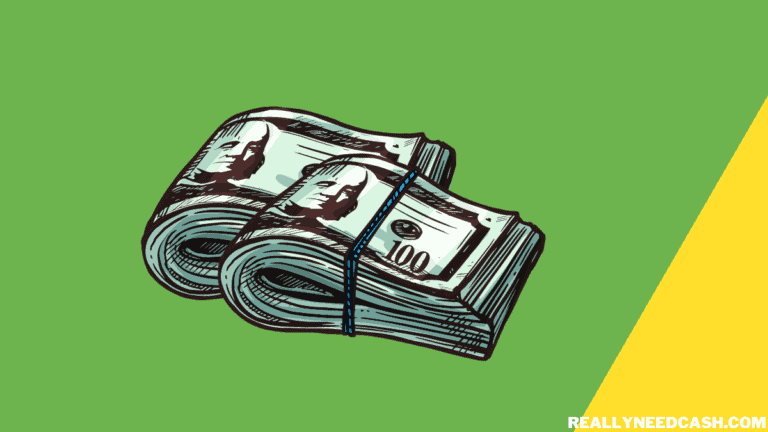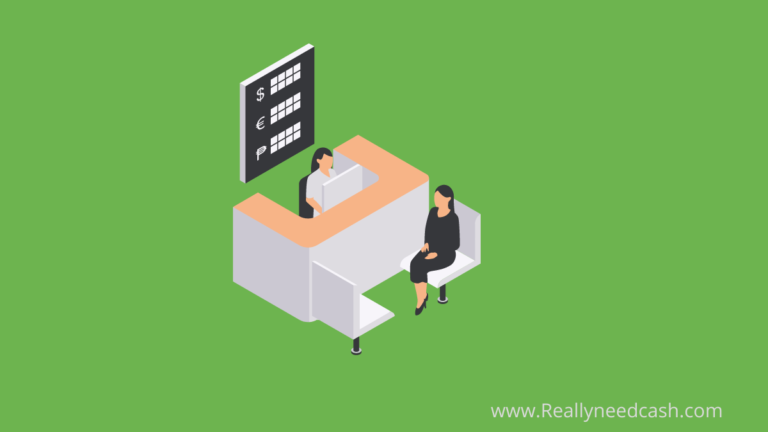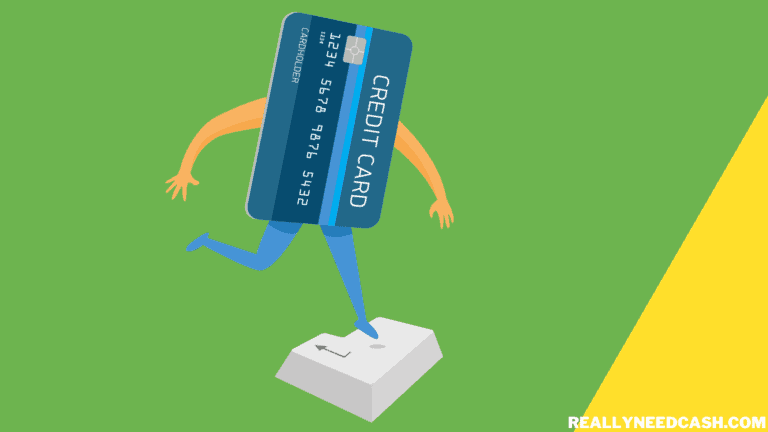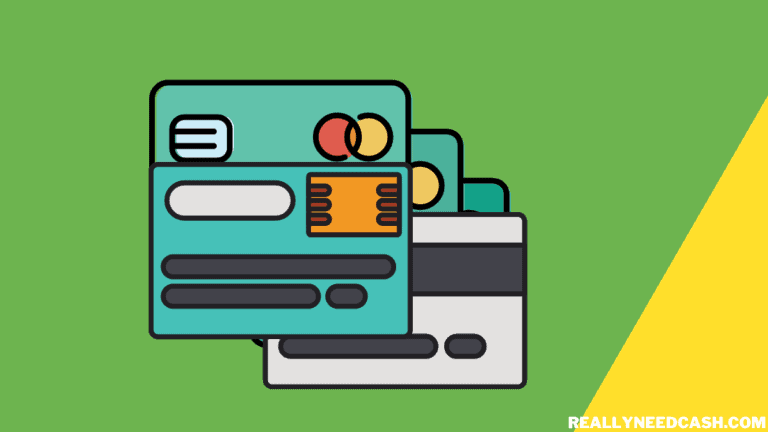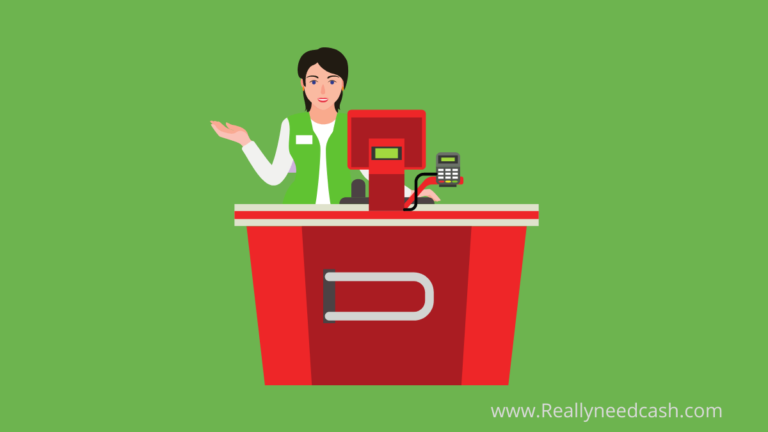Wondering what kind of account Cash App Is? What type of account is Cash App, and how does it differ from conventional bank accounts?
Cash App is a P2P app account to send and receive money easily. It is a financial platform using Lincoln Savings, and Sutton Bank to provide banking services. It allows you to invest in Stocks and Bitcoin. Cash App balance is insured by the FDIC via partner banks.
Cash App is a mobile payment solution that enables users to send and receive money to and from their friends and family.
One feature that makes Cash App stand out from the crowd is its dedicated account, which Cash App calls “wallet.”
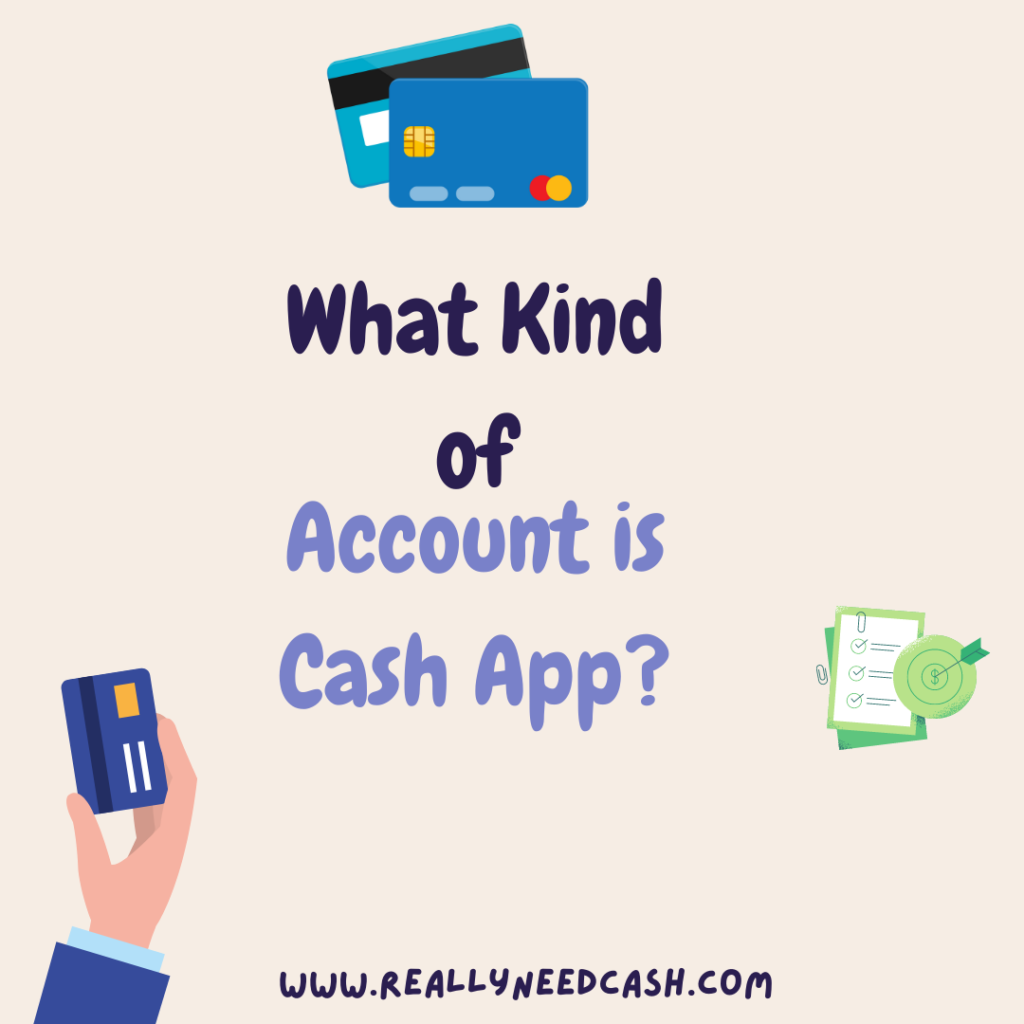
What Is a Cash App Account?
A Cash App account is an account that you can use for peer-to-peer money transfers over the web. With Cash App, you can pay for dinner, split expenses, and transfer money to and from other people. It’s just like a web-based bank account.
This app was developed by Square Inc.
Is Cash App a Bank Account?
Cash App itself is not a bank. Money in your Cash App account is not FDIC-insured like bank accounts are and you could lose it in the event of Cash App going out of business. Money in a Cash App account also doesn’t earn interest.
However, you link your bank account, credit, and debit card to fund your Cash App Card to substitute everyday use for your bank account as it pretty much does all that a traditional bank account and the debit card do.
As you might expect, Cash App makes it easy to select a bank account for Cash Card payments using the app on your iPhone.
Read: What is Cash app bank Name?
How Does Cash App Work?
To use Cash App, you need to link and verify a debit card, bank account, or credit card. You may also choose to recharge your Cash App wallet’s balance if you prefer.
Cash App also offers a debit card that users can use to withdraw money from their accounts in ATMs or even load their wallets. The card can also be used for purchases with a wide range of vendors.
Cash App’s cash card is supported by Sutton Bank. The card is pretty safe to use since each card is unique to each user’s account.
Difference Between Cash App and Conventional Bank Accounts
While Cash App functions very similarly to a bank account, there are some core differences between the two. For example, most bank accounts are FDIC-insured, so in case the bank goes under, you’ll still be able to restore your money.
Another difference is that many bank accounts give you interest on your money that’s compounded monthly, quarterly, or annually. On the other hand, Cash App won’t give you any interest no matter the amount of money in your balance.
Benefits of Cash App
Here are some of the perks of using Cash App:
1. Free of Charge (for the Basics)
Bank account or debit card transactions are free with Cash App. There aren’t any monthly or annual fees, either. Oh, and if you set up direct deposit, you won’t pay ATM withdrawal fees.
2. Cash Boosts
A cash App boost is just a discount that you get from a specific seller. For instance, if you have a Cash App cash card, you can get a 10% discount from your favorite vendor. For instance, with doordash boost, you may swap boosts whenever you want, but only one boost is allowed at a time.
3. Cash Bonuses
Whenever you refer a friend to download and use Cash App, you receive a $5 cash bonus from Cash App.
4. Stock Market Investment
Cash App allows you to invest in the stock market with any amount of money you want. You don’t necessarily need to have the full amount in your Cash App balance, as long as your linked bank account or card has enough money.
5. Supports Bitcoin
Crypto investors would appreciate the fact that they can use Cash App to buy and sell bitcoin. There are fees on each transaction, though.
Disadvantages of Cash App
Despite packing a ton of features, Cash App isn’t free of flaws. These are some of the downsides of relying on Cash App to make your money transfers:
1. Credit Card Fees
If you link a credit card to Cash App, you’ll pay a 3% fee on every single transaction. It may not seem like much, but the fees can really add up as you make more transactions. Use this Cash App calculator to figure out how much you pay for your transactions.
2. Transfer Limits
Unlike a bank account or other mobile payment apps, Cash App imposes a limit on the amount of money you can transfer every month. If your account is unverified, the sending limit is $250. However, once you verify your account, the number goes up to $2,500.
As for withdrawal limits, the maximum limit is $1000 per transaction, day, or week.
Frequently Asked Questions
Is Cash App Safe?
Most experts think that Cash App is very safe. This is because it uses strong encryption to protect the users’ accounts. However, it doesn’t offer fraud protection.
Does Cash App Support International Transfers?
Yes, Cash App allows users to make international transfers. Not all countries are supported, though.
What Happens If I Lose My Cash App Account’s Username or Password?
If you lose your Cash App account credentials, you can reset them through a two-step verification process.
Of course, you can just call Cash App’s customer support by phone or email, and they’ll assist you in recovering your account details.
Do I Need a Bank Account to Open a Cash App Account?
No, you don’t need to have a bank account to start using Cash App. However, you still need to link a bank card or account to Cash App to load it up with the money.
Alternatively, you can apply for Cash App’s cash card to recharge your balance through ATMs.
What ATMs Can I Use Cash App’s Cash Card With?
You may use the cash card in any ATM you want, but you have to pay a $2 fee in all cases.
Can My Cash App Account Get Hacked?
Yes, your Cash App can get hacked if you’re not careful. Be wary of phishing emails and websites that claim to have special offers for Cash App users and ask for your Cash App credentials.
Do I Need a Cash App If I Have a Bank Account?
Yes, Cash App can still be quite valuable for those who have bank accounts. It’s just easier to handle your money transfers through Cash App instead of your bank’s network.
Not to mention, you’ll be able to send and receive money to and from other Cash App users, even if they don’t have a bank account.
Final Thoughts
To sum it all up, a Cash App account can be viewed as an alternative to bank accounts.
This is because it’s much easier to set up a new Cash App account, and it requires much less paperwork than bank accounts.
The optional debit card is an excellent addition, too. And while Cash App doesn’t support fraud protection and isn’t FDIC-insured, it’s a good choice for casual money transfers.

